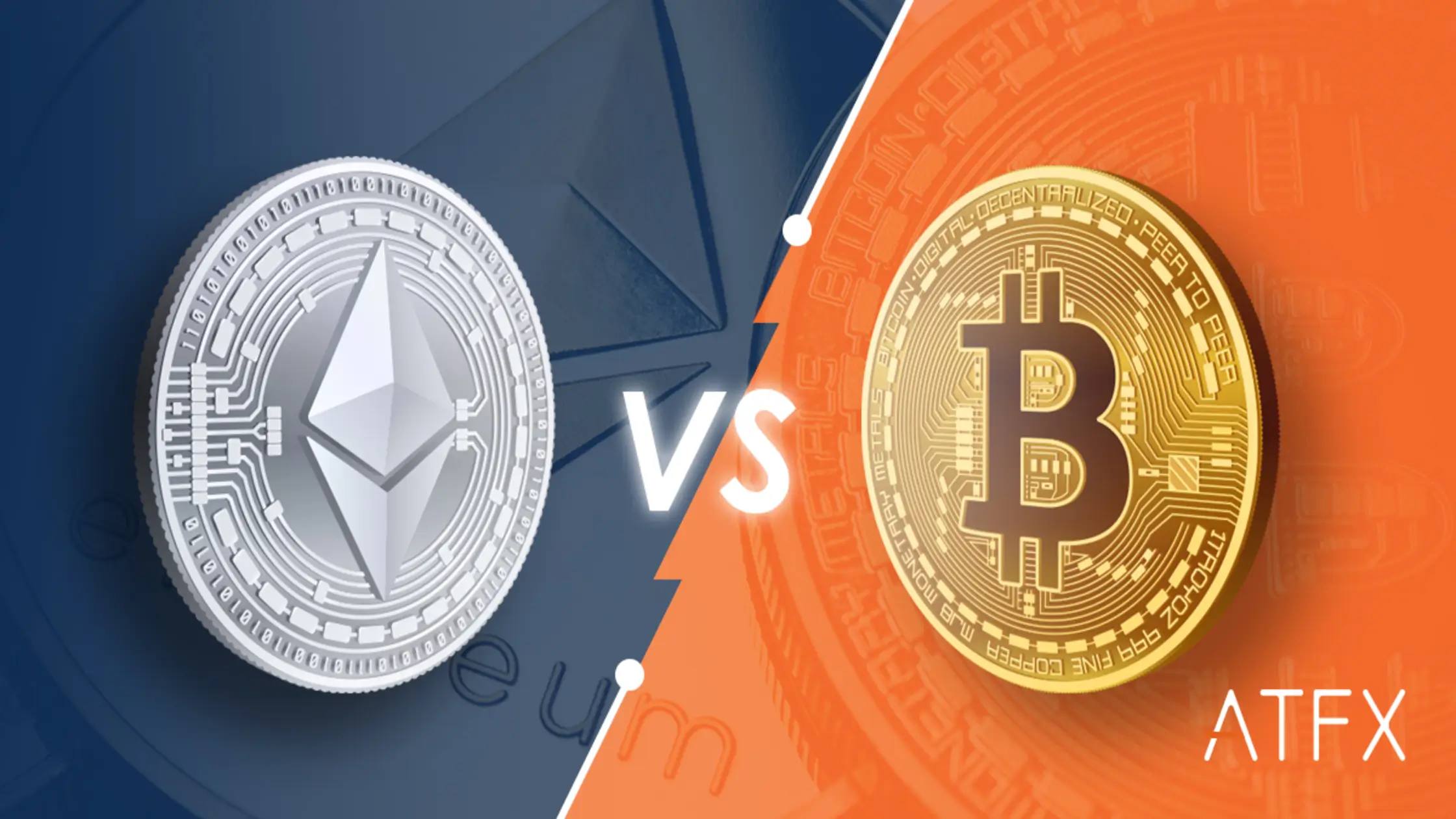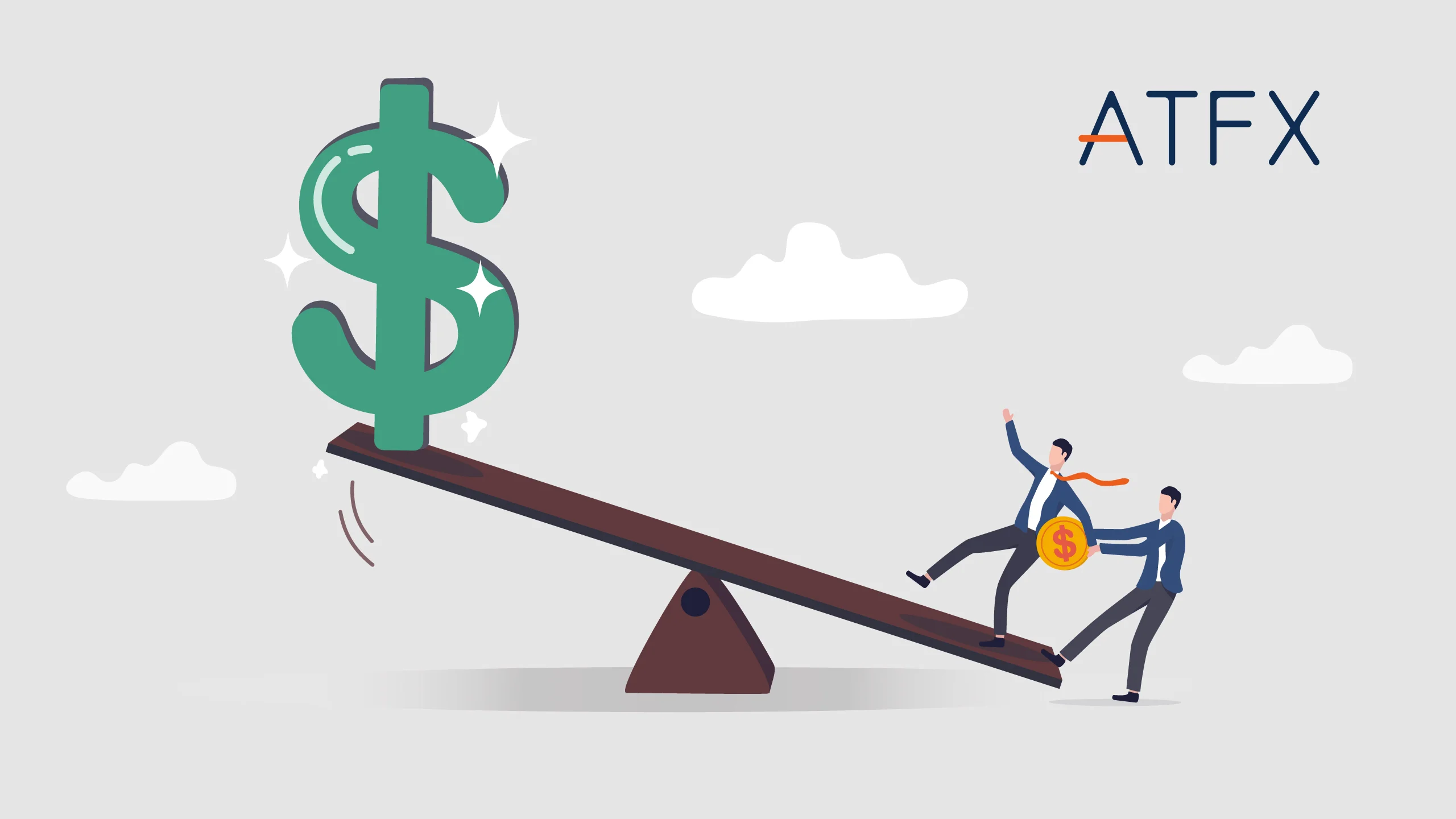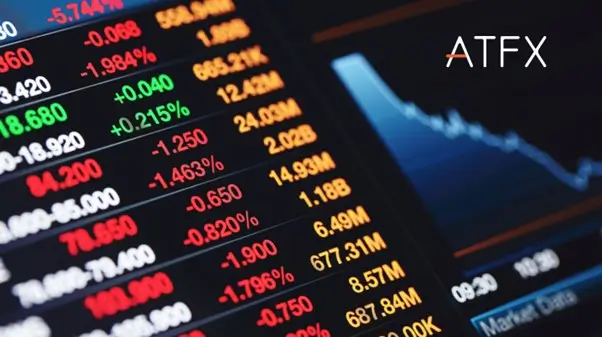Forex
Forex trading is the exciting world of trying to profit from the price changes between the currencies of powerful countries, such as the USA, the European Union, the UK, Japan, Australia, and Canada.
Do you think economic activity in the USA will outperform the Euro areas? Then you can buy dollars against the Euro, and if you are right, you stand to make a healthy return. On the other hand, do you think Brexit will boost the competitiveness of the United Kingdom, then you can buy the British Pound.
But there are more tradable ideas, such as the emergence of a new covid-variant called Omicron in South Africa in late 2021, causing the South African Rand to collapse. Experienced currency investors traded that decline by buying the US Dollar and the Euro against the South African Rand.
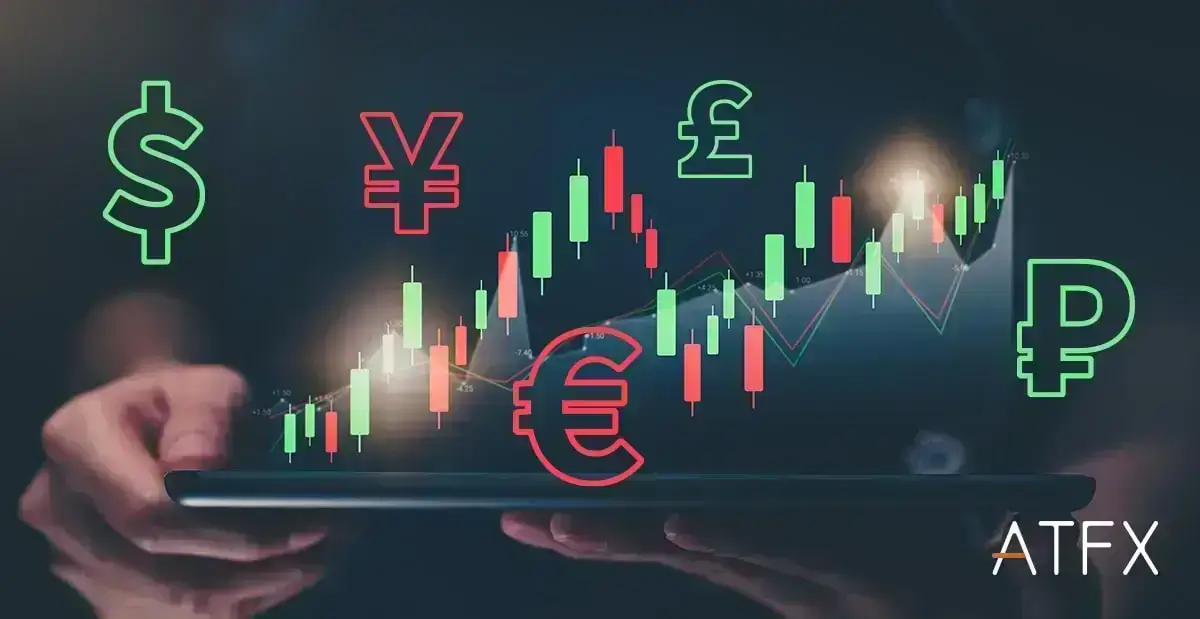
There are multiple channels and ways for trading foreign exchange currency in the forex market. Still, most start with having an opinion on a specific country’s political, economic, and monetary policies. They then buy the currency of the country they think will do the best while selling the currency they believe will perform the worst. But trading Forex is not limited to people interested in economics and politics. Instead, most people trade Forex with the help of technical analysis, which is the study of historical price patterns.
Keep on reading, and you will learn the advantages of trading forex vs stock market investing and trading, how to choose a forex broker, and what else to consider when starting to trade.
Forex vs Stocks
What are the advantages of forex compared to stock market trading?
You will always find prices moving.
One of the main benefits of forex markets is that they move every day and are very cheap to trade. This is important because you need price changes in a market to make money. With stock investments, the price of a stock can stay stuck at the same spot for months.
High volume lowers your transaction fees.
Another benefit is that the amount of transactions in the forex market is extremely high. It is high because you have exporters and importers that need currency, people traveling to other countries, buyers of foreign stocks and bonds, retail and institutional investors, and central banks, all making Forex transactions.
The multitude of transactions means that it is easy to find buyers and sellers for each currency pair, which helps keep retail traders’ transaction fees ultra-low.
A typical retail trader will trade three times a day. If you try to do the same in the stock markets, you will quickly generate huge fees and commissions for your broker. On the other hand, you usually do not pay commissions in forex trading, and spread fees are low.
High leverage
Brokers allow their clients to trade with leverage since trading costs are low, and many people are trading every day. Furthermore, there is minimal risk of the main currencies having problems.
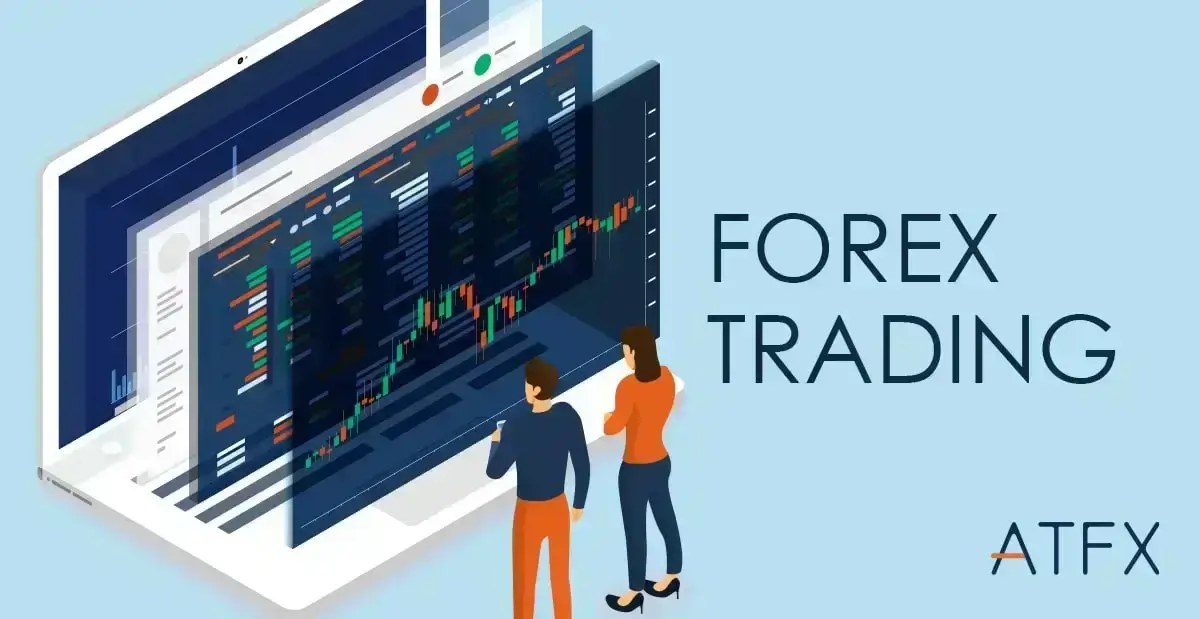 Forex leverage is the same as when buying a house or flat, and it means that you can open large positions with a small initial deposit. For example, in some markets, you can buy a house worth $500,000 with a deposit of $50,000; the bank will lend you the rest. Brokers like ATFX use the same model, but here you can deposit $1000 to open a position worth $100,000 if you want.
Forex leverage is the same as when buying a house or flat, and it means that you can open large positions with a small initial deposit. For example, in some markets, you can buy a house worth $500,000 with a deposit of $50,000; the bank will lend you the rest. Brokers like ATFX use the same model, but here you can deposit $1000 to open a position worth $100,000 if you want.
The benefit of this is that if the leverage is managed well, a slight 0.1% move in a currency pair can turn into a 1% or 10% profit. A larger percentage move of 1% could turn into a 10% return or even a 100% return. The drawback of using leverage is that it can also hurt you when you have losing trades. Thus trading with high leverage takes time to master, but the options are there when you are ready.
Lower manipulation risk
Trading stocks in the 2020s means that you are just one tweet away from losing all of your money. By now, we all know what power Elon Musk has over the performance of shares in his company, Tesla, and cryptocurrencies such as Dogecoin and Shiba Inu. You might also remember President Trump’s power when he Tweeted about the markets.
You still have the same risk within the forex markets, where you can have banks working together to push prices around. But the risk is higher in the stock markets, as a few influential investors and media personalities could cause the share price to move against you. The risk of manipulation in the Forex markets is much lower since the currency markets are so big.
Open for business
Trading forex means that you can trade from Sunday to Friday afternoon New York time. This is because the markets do not close during the day as they do in the stock market. Round the clock forex trading allows people to trade any time and day of the week. Hence, some traders develop unique trading strategies for the Asian, European, and US trading sessions.
Fewer markets to keep an eye on
Trading the forex markets means that you will keep an eye on just a few countries, and they are: the USA, Canada, the EU, the UK, and Japan. Of course, you could also add Switzerland, Turkey, Sweden, Norway, and Mexico if you wanted. But the majority of traders focus on the big countries only.
However, stock market traders need to keep an eye on many more companies, and each quarter, you can have big news that could alter the outlook for a particular stock’s price for months.
Risks associated with forex trading
Up until now, most of the benefits favour forex markets. However, it is crucial to understand that the additional trading opportunities seen in forex markets mean that you need to invest more time into learning how to trade. Because if you don’t, then there is a high risk of losing money. Also, you will need to spend more time trading.
On the other hand, Stock market investments are usually stable if you stick to well-known brands, so you will not need to invest the same amount of time, and if you keep stocks for the long term, then you will probably make some money on your investments.
However, you will probably not have made as much as an experienced forex trader. Thus if you have the time and the passion for learning how to trade, and then start and keep trading, then forex trading could pay off. The best path is to choose a broker that offers you training or seek education from an experienced trading firm. We will talk more about this in the next section.
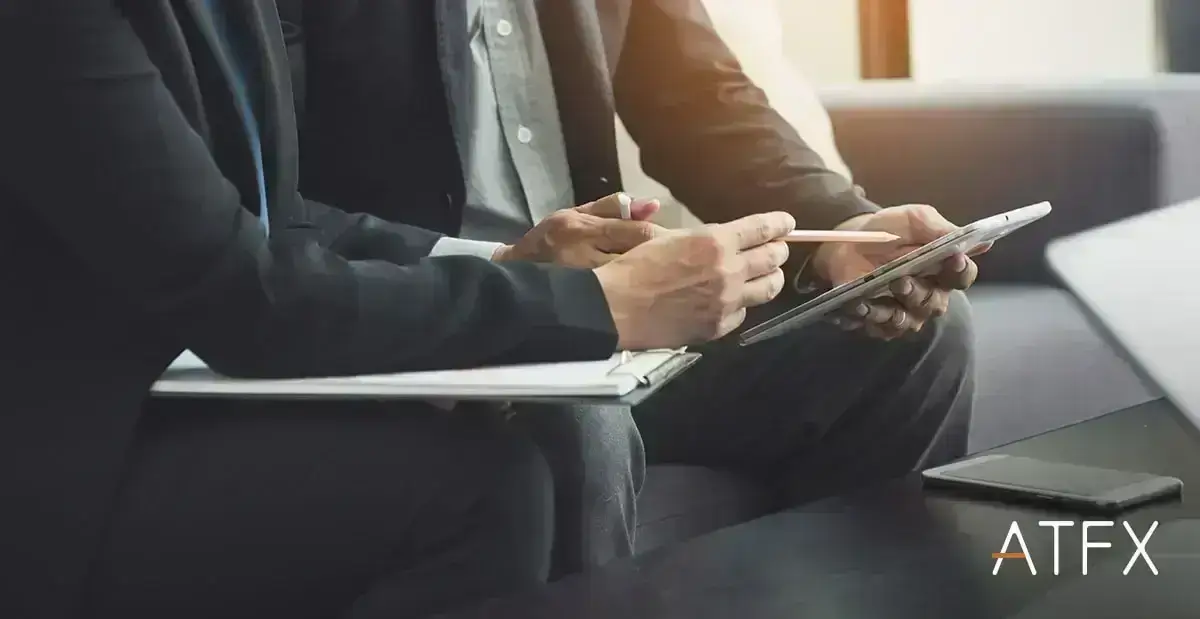
How to choose a forex broker?
Market selection and spreads
Today, the market selection of most forex brokers is similar, which means that you will find the same currency pairs with most brokers. But there are still some brokers that offer just the minimal amount of currencies, which can sometimes stop you from making money. So a wide market selection is vital if you are a swing and position trader. For example, these traders will trade the EUR/USD on some days while switching to trading the USD/ZAR (South African Rand) on other days.
However, if you are a high-frequency trader focusing on the main currencies, then low spreads and low commissions are essential for the pairs you wish to trade. If you plan to make a large deposit or know that you will trade frequently, you can sometimes negotiate the fees with your broker. But they will ask for proof of deposit and trade statements from other brokers.
Today, most forex brokers offer more than just forex. For example, with ATFX, you can trade stock market indices, cryptocurrencies, gold, crude oil, among other commodities, and even single shares. This means that you can trade whatever asset offers the best opportunity. For example, in 2020, buying cryptos and the Nasdaq 100 was a good idea, whilst trading forex and gold was slower than usual.
If you are very interested in technical indicators and possibly automated trading, you will need a trading platform like the MetaTrader 4.
Some traders insist that you need high leverage to trade well, but that is seldom important for most traders. Max leverage of 15 times your account size is enough for most. But some brokers offer up to 500 times. However, using high leverage means exposing yourself to losing a lot of money. So staying with a broker that offers between 15 times to 100 times leverage is sufficient for 99.99% of traders.
Regulation
Many newbies ignore the importance of regulation and instead focus on leverage and low spreads. However, whilst spreads are important, the competition in the forex markets is high, so most brokers offer low spreads, meaning there is little difference in costs between brokers for the typical trader.
Traders will also focus on leverage and think that 500 times leverage is better than 100 or 30 times leverage. However, studies have shown that the most profitable traders use about five times effective leverage.
To offer 500 times leverage and almost zero spreads, some brokers set up their operations offshore where there is almost no oversight and therefore lower costs. But, unfortunately, it is also very easy to open an offshore broker. So you don’t know who the owners of the broker are, which puts your money at risk.
Also, there is usually no rule that stops the broker from using your deposits to fund their business. That means that your trading deposit could go to paying salaries, marketing expenses and more.
Respectable authorities that regulate forex brokers are the UK’s Financial Conduct Authority (FCA) and the Cyprus Securities and Exchange Commission (Cysec). These two authorities ensure that brokers have enough money to run their business and have the right expertise. They also have rules to what could be said in marketing materials and force brokers to separate client and company money in separate accounts. They also have regular follow-ups with the brokers to ensure they stay on track.
Which broker should you choose to trade forex?
Education
The most crucial factor for your success is not the speed of the trading platform, the spreads, or customer service. Instead, it is the education and tools the broker offers you.
There is a wealth of information online that will teach you the basics of trading. It is essential to cover the basics. You could also trade with a virtual account to ensure that you know your broker’s platform. However, putting together a complete and profitable trading strategy is usually a completely different story. You will find many people online with little experience but large followings that receive much attention. When seeking out a trading educator, ensure they have been in business for at least five years, and they can offer some statistics regarding their trading results.
Some brokers like ATFX offer skilled and profitable traders education and strategies to set you on the right track. Their most popular program is the ATFX Premium course, which is included with all funded live accounts.
ATFX also offers signals and trade ideas from established research houses such as TradingCentral, and AutoChartist. They also offer their Support and Resistance indicator and position size calculators.
Conclusion
The high leverage in Forex allows experienced traders to ramp up gains quickly, but for new traders, it is hard to manage the same in the beginning. Therefore, finding a broker that offers you excellent education is vital for your long-term success as a trader.
Opting for an offshore broker to obtain higher leverage is usually a bad idea as there is usually no requirement to separate client money from the broker’s money. It is also hard to track down the owners of offshore brokers.
However, forex trading is rewarding if you overcome the initial hurdles. It offers more trading opportunities and is cheaper than regular stock market trading. Forex trading also allows you to trade when you have time, as trading is open around the clock.
